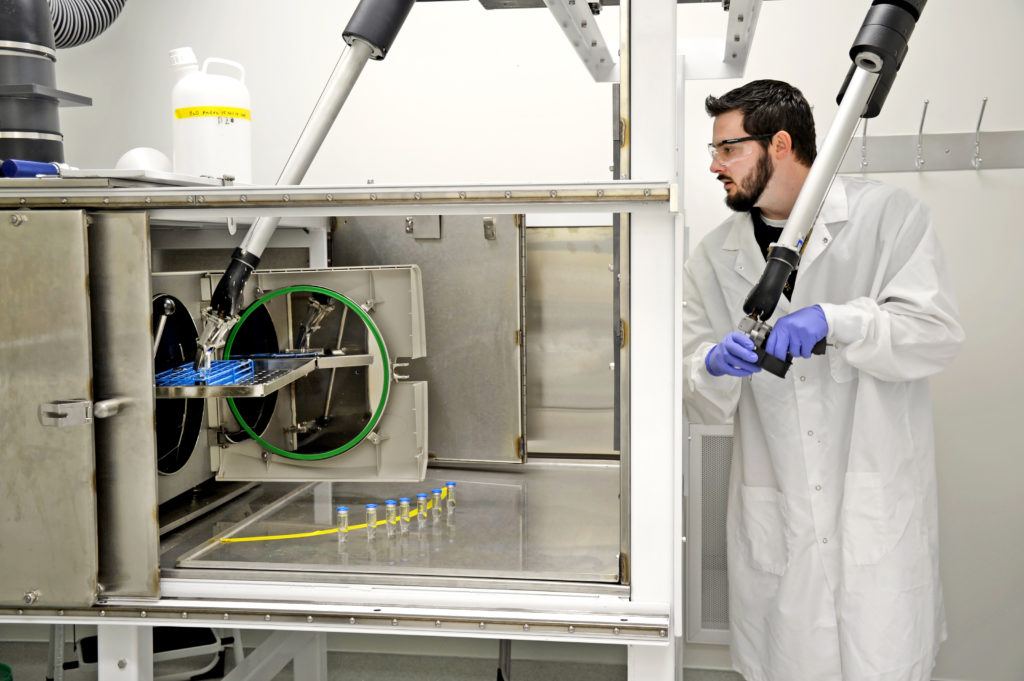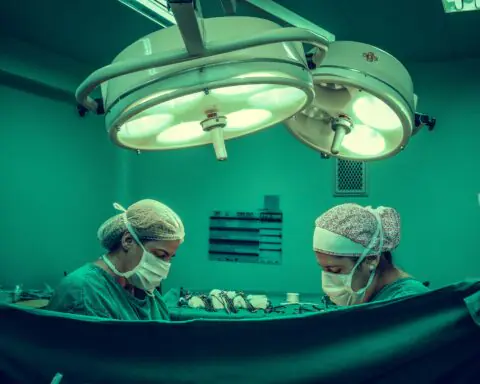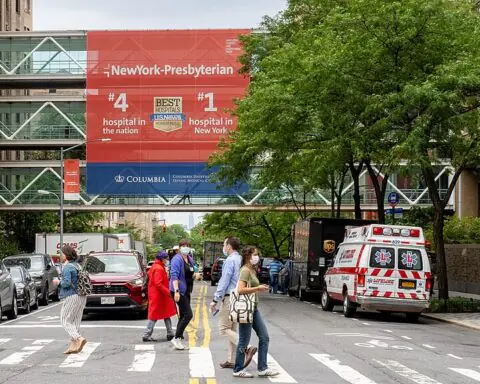The University of Missouri is moving ahead with a state-of-the-art nuclear research reactor that will secure America’s domestic supply of critical medical isotopes and advance cancer treatment capabilities. The university recently signed a $10 million agreement to begin design studies for the project, NextGen MURR. The overall initiative is reported to cost approximately $1 billion, making it the largest capital investment in the university’s history.
The university is partnering with an international consortium that includes Hyundai’s engineering wing, the Korea Atomic Energy Research Institute (KAERI) and MPR Associates to develop the design roadmap and preliminary site evaluation for the new facility.
Global demand for medical radioisotopes continues to surge, driven by their expanding role in precision diagnostics and targeted cancer therapies. The University of Missouri Research Reactor is currently the only U.S. producer of several isotopes used to treat various types of cancers. The existing research reactor facility treated nearly half a million cancer patients last year using its medical radioisotopes. When completed, the NextGen MURR, which will be faster, stronger and twice the size of the current reactor, will be poised to make Missouri a national hub for innovation and manufacturing in nuclear health technologies.
Unlike facilities focused primarily on power generation, research reactors like MURR are specifically designed to produce neutrons for scientific research, isotope production, and materials testing. These specialized facilities operate at much lower power levels than commercial nuclear power plants but generate neutron beams of exceptional quality for research applications.
The new reactor will complement the university’s existing research reactor, which has been operating since 1966 and has established itself as a crucial producer of radioisotopes for both medical and industrial applications. The existing MURR facility produces isotopes used in more than 10 million patient treatments or diagnoses each year.
The project brings together specialized expertise across the nuclear research sector. KAERI contributes significant experience in developing research reactors, while Hyundai Engineering provides globally recognized engineering and construction services. MPR Associates brings nuclear regulatory and licensing expertise critical to navigating the complex approval process for nuclear facilities in the U.S.
This initial $10 million agreement covers the design studies phase and is expected to take approximately six months. The results will inform the preliminary design and licensing phase, which will be conducted under a separate contract with oversight from the UM Board of Curators and university leadership. The project’s total timeline is estimated at eight to 10 years from concept to completion.
The University of Missouri has already secured approximately $200 million in funding for the project and hopes to obtain additional state and federal funding, as well as donations, to complete the ambitious initiative.
Photo Courtesy
Research Reactor
University of Missouri













